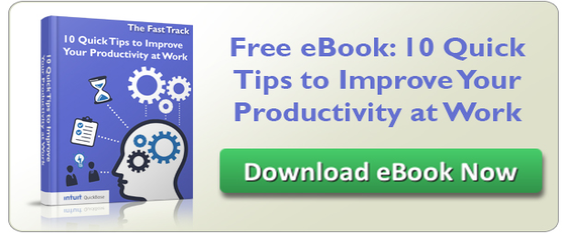One of the major trends I’ve noticed since the economic crash is the emphasis on outcomes and results above all else. Recruiters are looking for candidates who can showcase their value through metrics and recommendations. Managers are promoting based on results, and job seekers and employees who can’t show numerical value are starting to struggle. This month, the Wall Street Journal reported that our risk-averse culture has affected American workers and entrepreneurs. Companies understand that most new ideas do not succeed and are hesitant to take risks, especially in this economy.
In March, the New York Times reported that employers are waiting for the perfect candidate, even though there are a lot of openings, countless well-qualified candidates and a lot of money on hand. They simply don’t want to take the risk of hiring a bad employee. The Harvard Business Review points out that as much as 80 percent of employee turnover is due to bad hiring decisions. Finally, The Financial Times published a story on how hiring will be all about reputation and how people will be recruited based on outcomes. It’s important that all workers understand this trend, take it seriously and start measuring the results of their work. Here are four ways to become a results driven worker:
1. Work on projects where you can measure the results.
You don’t always get to choose your projects, especially when you’re first starting out in corporate America, but if you see the right opportunity you should jump on it. Any project where you can clearly measure the impact of your performance is something that can really help your career. The best ways to measure the outcome of your project is the impact it had on sales or cost savings. For instance, if your company is starting to work on a new product and you have something of value to contribute to the success of that product, you should push to work on it. You can measure the success of your work based on the number of products sold, which will give you a revenue number as well.
2. Turn everything you do into a case study.
After you’ve completed a project, turn it into a case study and update your resume, website and LinkedIn profile accordingly. Of course, you will want to get permission first before adding it to any public website. The case study should describe what the project was, why it was important to the company, the benefits of doing it, the results, and if you can, an endorsement from the manager who worked on it with you. In this way, you should start managing your career at work like any consultant would – building case studies to prove your worth. If you’re looking for a promotion at your company, these case studies and a results-oriented resume can help you justify a new title and more money.
3. Find ways to measure outcomes.
In your current projects, figure out ways that you can better measure your performance. It will not only help you fight for a promotion but it will help you learn and become a better worker at the same time. If you’re in an email marketing role at your company, you should measure your response rate, click-through rate, and conversion rate. If you’re in a social media role, you shouldn’t just measure the number of followers, but instead the amount of people who are actively sharing your content and the number of new leads you generate for your company as a result. By doing this, you’re helping yourself and your company.
4. Improve your work style.
If you want to be results-driven, you need to be efficient with your work. To do this, you should take on fewer projects so you can put more of your energy into them and have a better outcome. After you complete a project, think about what you can do better the next time around and how you can better spend your time, and leverage your contacts, to get it done faster, cheaper and at a higher quality level.
